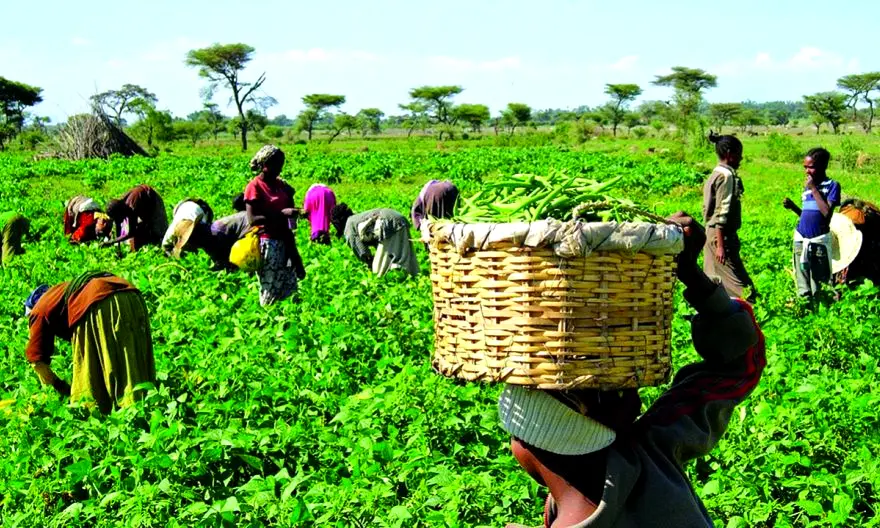The International Centre for Environmental Health and Development (ICEHD), on Saturday, trained over 100 Badagry women farmers on climate-smart agriculture and farming technology to improve food security.
Miss Mercy Joshua, the Programme Officer of ICEHD, said that the aim of the training was for farmers to access skills, resources and opportunities to address climate challenges, boost farm production and enhance food security.
The theme of the training was: “Farming Technology and Capacity Building Training For Women Farmers.”
She said that most women were economically excluded, exploited and marginalised due to varied socioeconomic factors and cultural barriers.
“Women farmers, particularly those in rural communities, this situation is worsened by the adverse impact of climate change.
“Nigeria’s climate is increasingly changing, evidenced is in upsurges in temperature, variable rainfall, flooding, and land degradation, with these changes bringing a gendered impact, as it disproportionately affects women and widens gender inequalities.
“The small scale women farmers lose opportunities, markets, and profits as climate change hits Nigeria.
“With series of engagements with community leaders, women’s groups and local women farmers in Badagry, ICEHD with support from VOICE embarked upon the one-year project.
“It is focused on empowering Badagry women farmers with knowledge, skills, resources and tools to enable them access economic opportunities, and be equipped with sustainable solutions to address climate challenges,” she said.
Joshua, however, said that the fertilisers and farming tools to be given to farmers would strengthen their farming capacity in Badagry.
She said the training would enable them to achieve economic justice and the capacity to project their voices against exploitation and marginalisation.
Joshua said that the non-governmental organisation partnered the Agricultural Department of Badagry Local Government to train over 100 women farmers.
According to her, the aim of the project was to enable women to participate equally with men in accessing resources and opportunities for economic advancement.
She added that the trained women farmers would receive farming tools and a copy of ICEHD book.
She said that the book titled, “Power of Resilience: “Nigerian Women Farmers Share Their Challenges and Experiences,” would broaden their knowledge base.
“The book is a policy advocacy tool to project the voices of rural women farmers in Nigeria, toward reforms in agricultural policy, gender mainstreaming in agricultural budgeting and financial inclusion, to promote the rights women farmers in Nigeria,” she said.
Mrs Grace Godonu, a farmer, at Ikoga, Badagry, commended the NGO for organising the training programme and distribution of tool and fertilisers to farmers.
She said the training had broaden their knowledge on how to protect their produce as climate changes.
NAN reports that ICEHD was established in 2004 primarily to promote health (especially the health of women and girls), advance socio-economic inclusion and development and empower local marginalised women and girls, among others.
